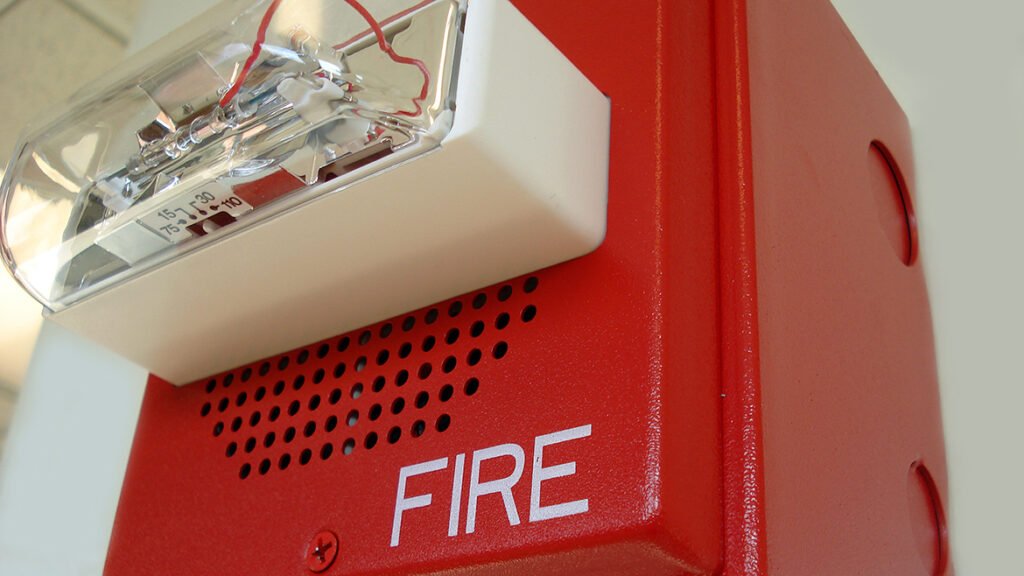
If you have ever been to a rock concert, passed by a jackhammer at a construction site, or heard the sonic boom of a fighter jet, you know that exposure to loud sounds can physically hurt your ears. Many people avoid loud settings because excessive noise can lead to hearing problems in the future.
This begs the question—why are fire alarms so loud? And is there anything you can do to protect your ears from the noise?
NFPA 72 outlines the requirements for fire alarm notification appliances, which take two primary forms: audible and visible.
There’s no doubt that prolonged and repeated exposure to loud noises can damage your hearing. The National Institute on Deafness and Other Communication Disorders (NIDCD) states that 85 dB and higher is the danger zone for hearing loss.
Here are some comparative noise examples to help you understand the loudness of different decibels:
Obviously, the goal of a fire alarm is to make sure everyone in the building knows to evacuate. That’s why the NFPA requires fire alarm horns and sirens to sound louder than ambient noises.
The precise requirement is 15 dB above the average noise level or 5 dB above the maximum ambient sound, whichever is greater. This means it maybe appropriate to program fire alarm horns to 75 dB for a restaurant or office setting, but an industrial facility with loud equipment may need to sound off closer to the maximum 120 dB level to ensure the sound stands out from other ambient noises.
The high volume requirement for fire alarms accounts for the fact that distance from the horn decreases its perceived volume, and building materials absorb noise, especially if the doors are closed between rooms. Due to these factors, the decibel level must be high at the source to ensure the sound travels to every corner of the building.
When you hear the shrill noise of a fire alarm, your first instinct is to cover your ears. This is actually an effective way to defend against hearing loss while you walk calmly toward the exit and make your way out of the building.
More importantly, however, is to create a fire evacuation plan and hold fire drills regularly. This way, your staff is confident about what steps to take and where to evacuate in case of an emergency. By planning ahead, you can limit confusion and reduce the time you’re exposed to loud volumes.